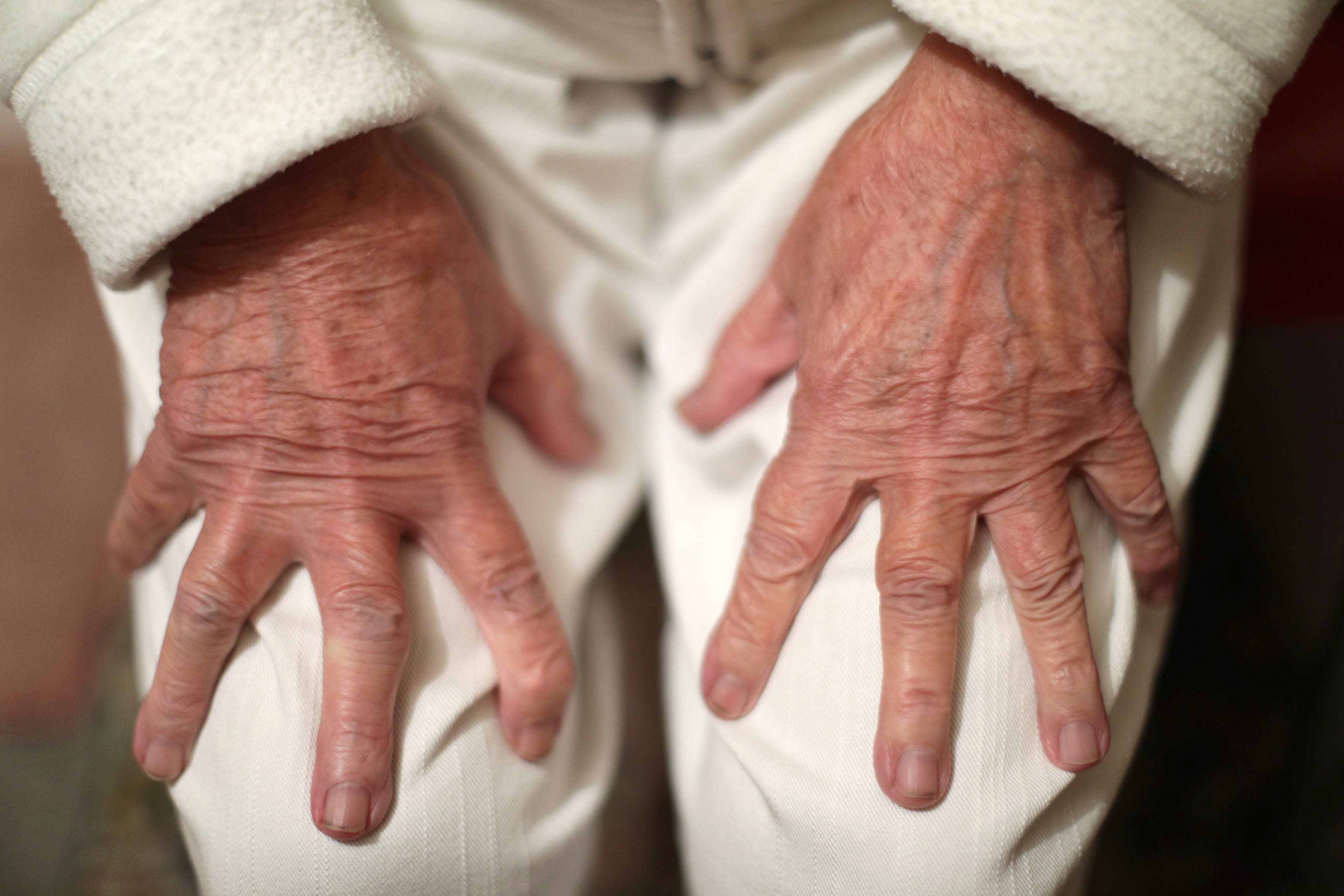Dementia numbers hit record high – here’s the warning signs you need to know
England has one of the highest dementia diagnosis rates in the world

Your support helps us to tell the story
From reproductive rights to climate change to Big Tech, The Independent is on the ground when the story is developing. Whether it's investigating the financials of Elon Musk's pro-Trump PAC or producing our latest documentary, 'The A Word', which shines a light on the American women fighting for reproductive rights, we know how important it is to parse out the facts from the messaging.
At such a critical moment in US history, we need reporters on the ground. Your donation allows us to keep sending journalists to speak to both sides of the story.
The Independent is trusted by Americans across the entire political spectrum. And unlike many other quality news outlets, we choose not to lock Americans out of our reporting and analysis with paywalls. We believe quality journalism should be available to everyone, paid for by those who can afford it.
Your support makes all the difference.The number of people in England being diagnosed with dementia is at an all-time high – with a record 487,432 people living with a diagnosis in June.
A timely diagnosis is vital to ensure more people get the support and care they need to live with the illness.
The country has one of the highest dementia diagnosis rates in the world, with 65% of the total number of people estimated to be living with a form of the disease currently diagnosed (for most high-income countries, the diagnosis rate is 20-25%).
Dementia is an umbrella term for progressive conditions associated with an ongoing decline of brain functioning. Alzheimer’s disease is the most common, and a timely diagnosis is vital.
Dr Jeremy Isaacs, national clinical director for dementia, NHS England, said: “Thousands more individuals are being diagnosed each month and more medication reviews are being done within 12 months. If you have noticed that someone has symptoms, please encourage them to visit their GP for an assessment – the sooner someone is seen, the quicker the NHS can help.”
What are the warning signs of dementia?
1. Mood changes
According to the NHS, dementia is not a natural part of ageing and there are other symptoms people should keep in mind, including the change in mood.
But people may not identify these symptoms right away, and family and friends may not notice or take them seriously for some time. In some people, these symptoms will remain the same and not worsen. Others with mild cognitive impairment (MCI) will go on to develop dementia.
2. Finding it hard to learn new things
Dr Tim Beanland, head of knowledge at Alzheimer’s Society, said: “If I got a new piece of tech or kit, it might take me a long time to set it up, but I think I’d get there by following the instructions. But if you’ve got dementia, learning how to use a new appliance or device is really difficult.”
3. Repeated questioning
For example, if your partner tells you they’re going out in the evening but you forget what time they said they were coming back, that’s probably nothing to worry about. But if you’ve got dementia, you probably won’t remember something somebody told you five or 10 minutes ago, and you might ask them with repeat questioning,” said Beanland.
“For a family member it can be quite annoying – obviously it’s not the person with dementia’s fault, but they may ask you the same question over and over. That is suggestive of a problem which might be dementia and is the kind of thing I would go to the doctor about.”
4. Putting objects in strange places
“Forgetting where you have put your keys or mobile phone is fine. But when you have dementia, it’s common to put things in strange places,” said Beanland. “You might put your house keys in your bathroom cabinet, for example. It’s a bit weird, but it’s the kind of thing people with dementia might do.”

5. Difficulty with organisation
Organising yourself on some occasions can be difficult, especially as you get older. This could also mean that it takes longer to manage the budget or pay bills, for example. “But if you’ve got dementia, people really struggle, losing the ability to be organised and plan ahead,” said Beanland.
However, it’s important to keep in mind what’s always been ‘normal’ for you – because it’s more about spotting changes. “If you’ve always been rubbish with the bills or have never had a good memory, you’re not going to get better as you get older, but it’s normal for you,” noted Beanland.
6. Struggling with daily life
If you’ve got dementia, your symptoms will mean you struggle with day-to-day life, Beanland stressed.
“It’s that change from normal into these symptoms which get in the way of daily life, so you struggle to have a conversation and to organise things, you struggle to remember where you’ve parked the car, things like that,” he explained. “These are not just annoyances, they can really affect your ability to get on and do things.”